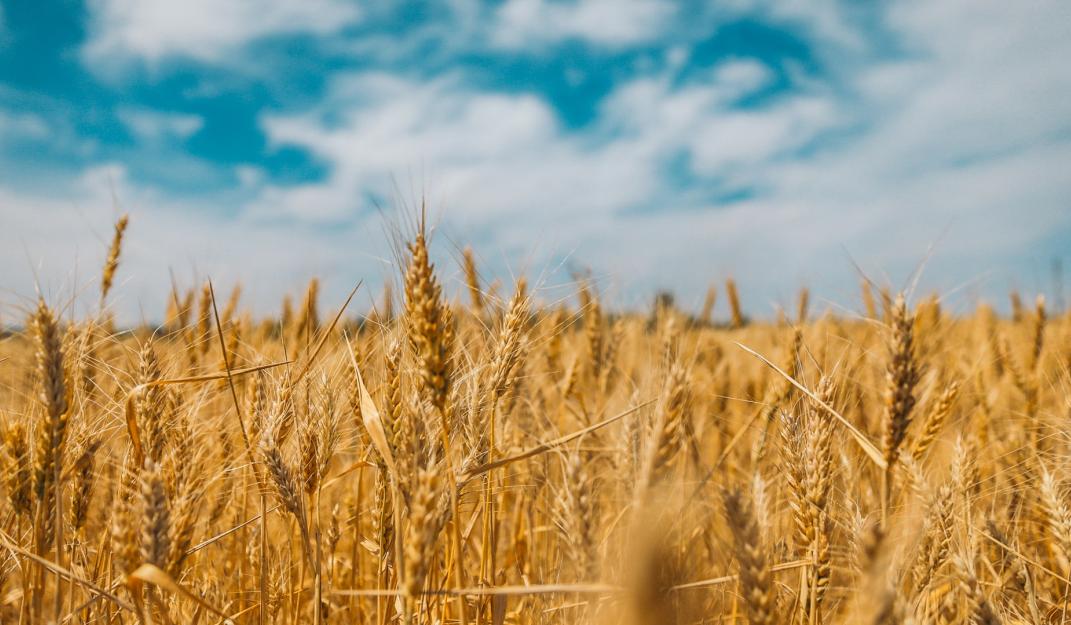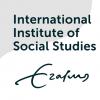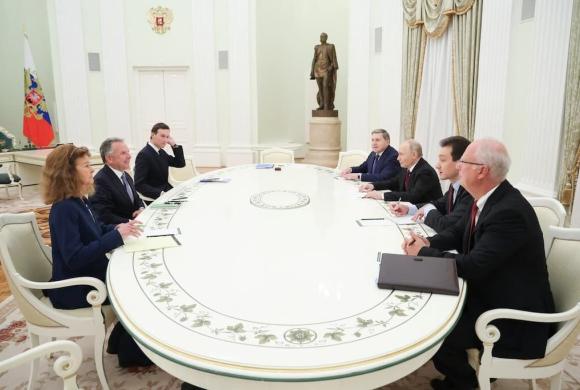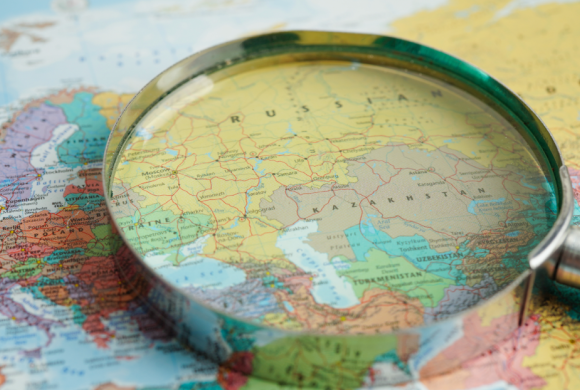The Looming Global Food Crisis

War in the Ukraine, the lingering effects of COVID-19, and climate change contribute to an emerging ‘perfect storm’: a global food crisis that might be worse than the food crisis of 2007, which led to widespread undernourishment and social unrest.
This international workshop investigates the short and longer-term implications for food security and agrarian (geo)politics, as well as some unacknowledged drivers of the crisis.
Due to the war in Ukraine over 20 million tons of wheat cannot leave the country. Russia and India have announced restrictions on wheat exports. Various major wheat exporting countries experience the effects of droughts.
Is the international community taking sufficient action to prevent a major food crisis? What measures can realistically be taken in a context of geo-political fragmentation? And what is the role drivers of the food crisis, such as food speculation and biofuel production, that have remained under the radar? These are some of the key questions.
In this workshop, global agrifood experts and regional specialists from international universities and international agencies (such as FAO), NGOs and thinktanks will examine the volatility (versus resilience) of the global agrifood system, e.g. by exploring the implications and agrifood policies in the Middle East & North Africa that is likely to be most affected by the stagnating wheat imports. We will explore the agrarian future of Ukraine, and the changing agrifood ties between China and Russia, and between Russia and its neighboring former Soviet countries. How do the war and sanctions impact the vast countryside of Russia, and its future as a rare - supposedly - ‘climate change proof’ global food exporter.
The workshop will also deal with the promises and pitfalls of local production versus global food flows, and the conjunctures between food and broader global policies (e.g. in the area of poverty reduction, energy/sustainability & technological innovation), to gain a deeper understanding of the emerging food crisis and its wide implications.
Programme
10.00 Registration & coffee
10.25 Opening
10.40 - 11.10 Session 1: The state of agriculture in Ukraine by Mihai Varga (Freie Universität Berlin, Germany)
11.15 - 12.15 Session 2: China, Russia & their Central Asian neighbours: Agrifood pivot to the East? by Irna Hofman (Oxford University, UK) and Jiayi Zhou (SIPRI, Sweden)
12.15 - 13.05 Lunch break
13.05 - 14.10 Session 3: Russia: War, subsistence farming & the future of Russia as a global wheat exporter by Judith Pallot (Oxford University & Helsinki University) and Oane Visser & Meline Khachatryan (ISS)
14.10 - 14.30 Coffee break
14.30 - 15.40 Session 4: Food security & the global food system: challenges & opportunities by Marco V. Sanchez (FAO of UN, Rome) and Tomaso Ferrando (University of Antwerp)
15.40-16.00 Coffee break
16.00 - 16.55 Session 5: Closing Roundtable: Conflict, food crisis & geopolitical fragmentation with Don Kalb (University of Bergen), Tobias von Lossow (Thinktank Clingendael), Madelon Meijer (Oxfam Novib), Christian Henderson (Leiden University), Mihai Varga (Freie Universität, Berlin)
17.00 - 18.00 Drinks



